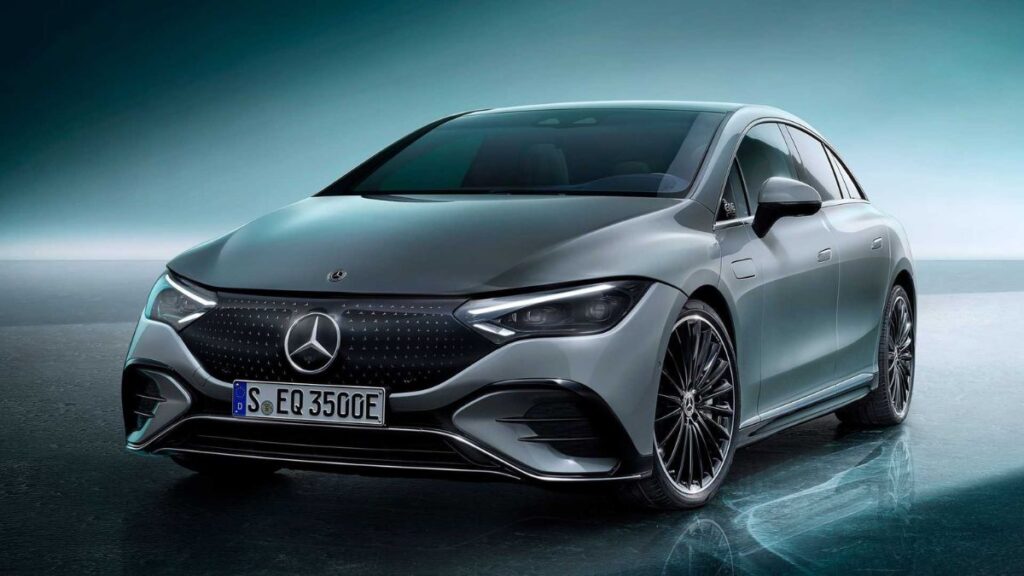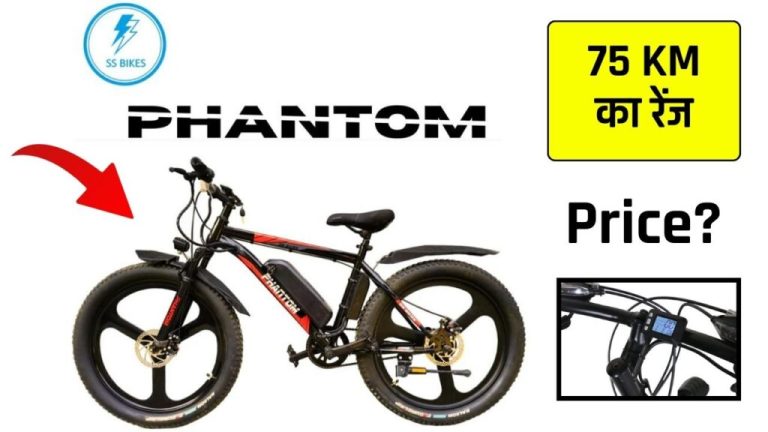Assembly of EV vehicles will start soon in India, this German company has made preparations
New Delhi German luxury car maker Mercedes-Benz is planning to assemble electric vehicles in India. The use of EV vehicles has started across the country. A senior official of this company has said that Mercedes-Benz wants to assemble EV vehicles so that it can achieve the goals of zero fuel emission transportation and carbon neutrality and at the same time the company can also benefit from its cost.
Mercedes-Benz India currently assembles its flagship electric luxury sedan EQS at its Chakan plant. The company is also considering localisation of other models depending on demand.
reducing carbon emissions as well
Santosh Iyer, Managing Director and Chief Executive Officer (CEO), Mercedes-Benz India, said, “Our ultimate goal is zero-emission transportation and carbon neutrality. This not only means reducing fuel emissions, but also 'recycling' the cars. We also want to reduce the carbon emissions from the production of cars.”
must be looked at holistically
He further added, “We have to look at it holistically. So, EV production is a logical step and we will continue to move in that direction as the market demand changes.” Iyer was asked about long-term plans to locally assemble EVs in India.
EQS assembly started
Mercedes-Benz India began assembling the EQS at its Chakan plant from October 2022. It is the only locally assembled model among the four EV models sold in India – SUVs EQA, EQB and EQE and sedan EQS. They are priced between Rs 66 lakh and Rs 1.6 crore.
Helps to bring cost benefits
Acknowledging the advantage of locally assembling vehicles, he said, “I think localisation helps us bring some cost benefits. Today if you see, an EQS is available for around Rs 1.5 crore, which would have otherwise been a bit more expensive. So it really helps.”
Opportunity to know more about EV
He said that apart from cost benefits, this gives us an opportunity to learn more about EVs. Today, we are producing EVs on the same line where conventional fuel vehicles are produced.
(With agency input)






